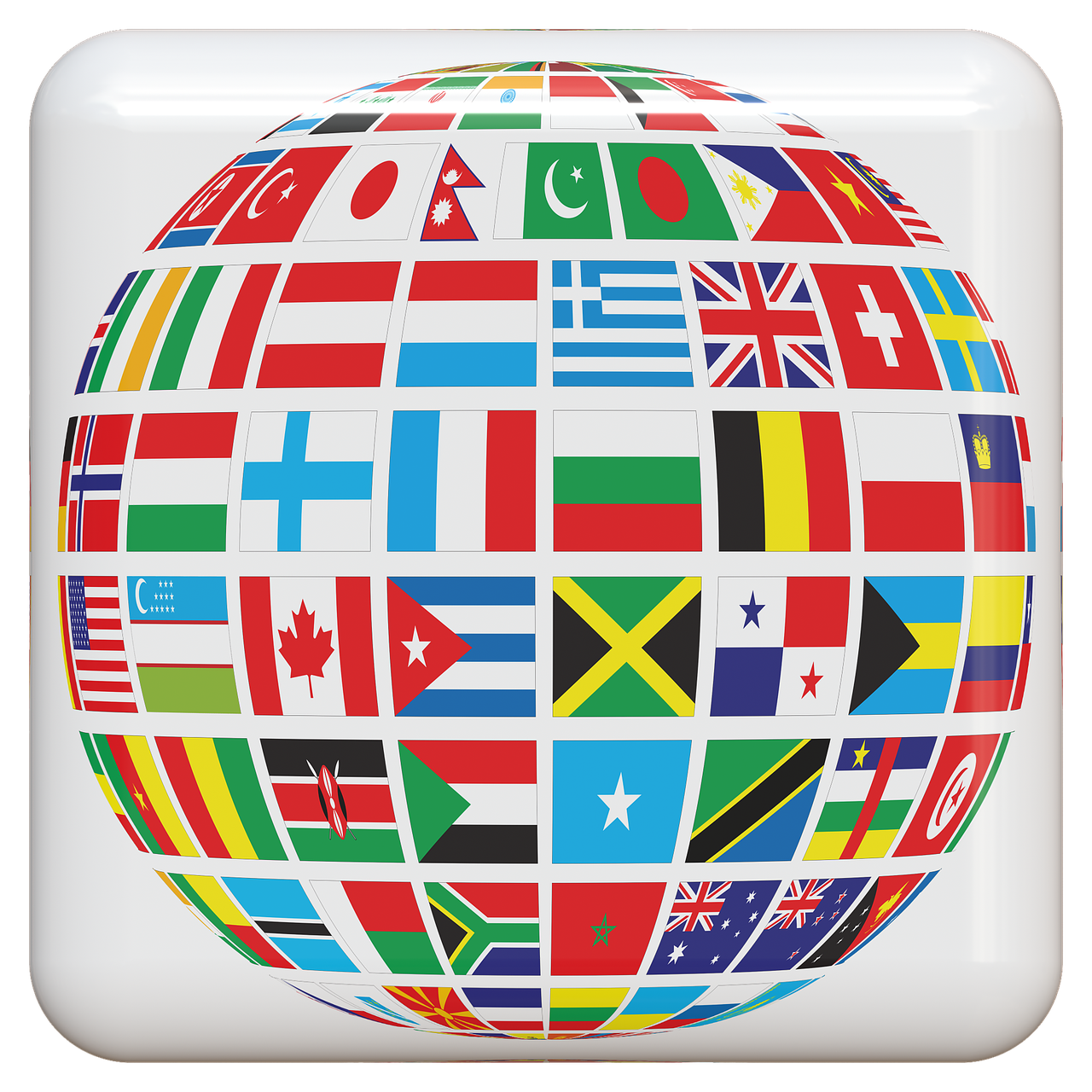 When you're moving, you want to be able to take everything with you, but there some items that are prohibited. Imagine your items are your luggage-- if it is not allowed in an airport, you probably can't bring ship it abroad. Of course, there are exceptions, but for the most part, items banned from international shipping are items that are potentially harmful or illegal. Whether you’re moving to Canada or moving out of Canada, here is a list of commonly prohibited items when moving abroad. Hazardous materials
The following list is hazardous materials. These include items any substance or material that is flammable, corrosive or explosive. This includes, but not limited to:
- Aerosols
- Chemistry sets
- Sterno
- Fertilizers
- Ammunition
- Kerosene
- Gasoline
- Car batteries
- Paint thinner
- Propane tanks
- Household batteries
- Cleaning solvents
- Paints
- Poisons
- Motor oil
- Ammonia
- Darkroom chemicals
- Fireworks
- Swimming pool chemicals
- Bleach
- Lamp oils
- Pesticides
Weapons
Weapons are generally not allowed on ships or airplanes because they are a potential threat. Weapons include swords, guns, and knives. Not only are they illegal on ships and planes, but your new destination may not even allow them. Do some research on your destination country and their laws on weapons.
Perishable foods
Before you move out, you should try to get rid as much as food as possible. This means you can either eat it all or maybe give it to a neighbour. Most times, you will not be able to transport perishable foods abroad. The food could go bad and spoil. This could also attract bugs or small creatures on the plane or boat, if either of those are your means of transport. Narcotics
Since they are actually illegal to have, narcotics are prohibited for transport. They should never be included along with your items when moving (or ever, really.)
Money
Of course, you can bring currency into your new home, but there's a limit on the quantity of money. For example, if you’re taking or bringing more than $10,000 in the United States, you need to file a 4790 form with US customs. Make sure to do your research on your new home’s country and learn their rules for bringing currency in. |